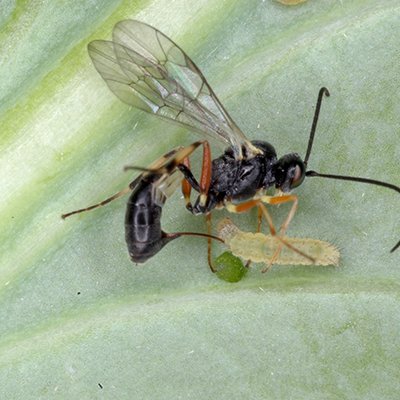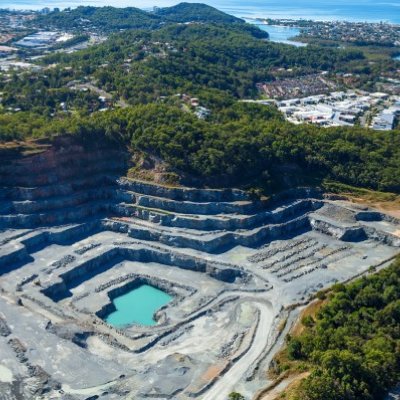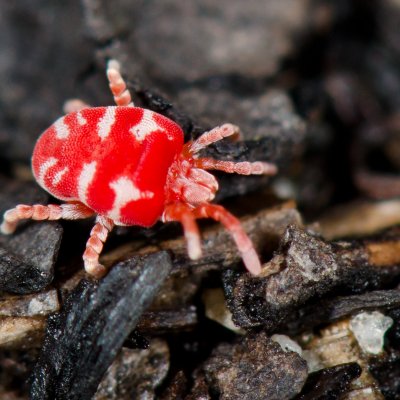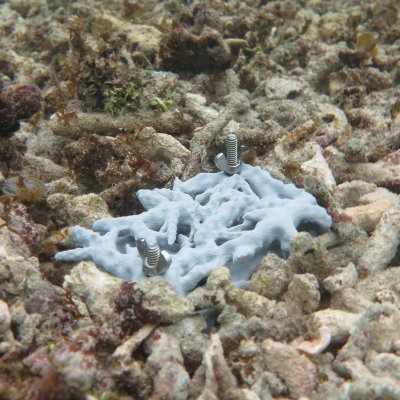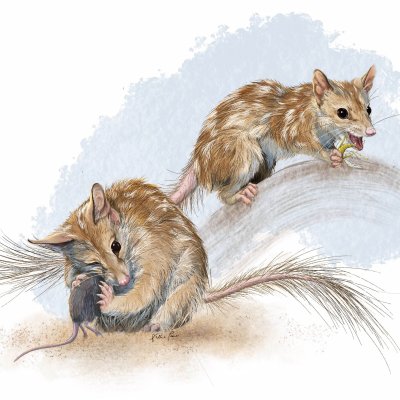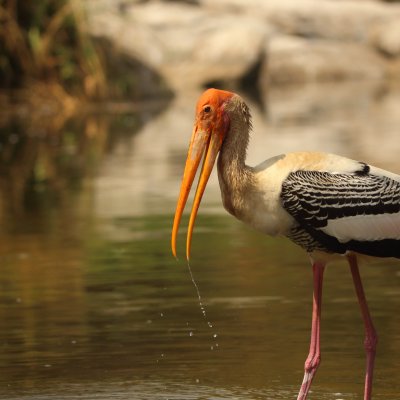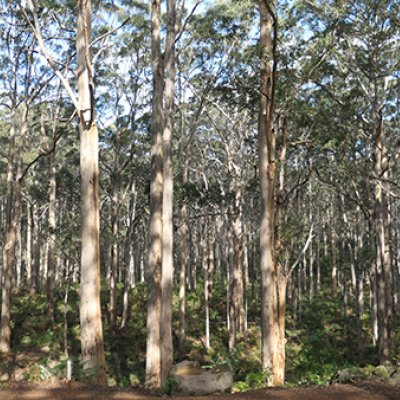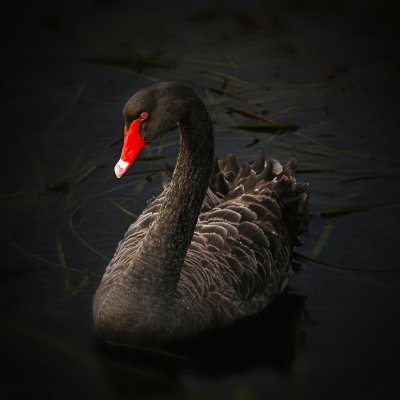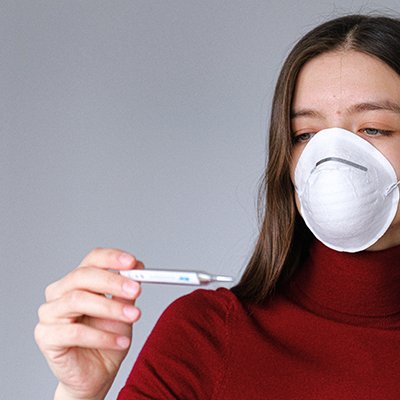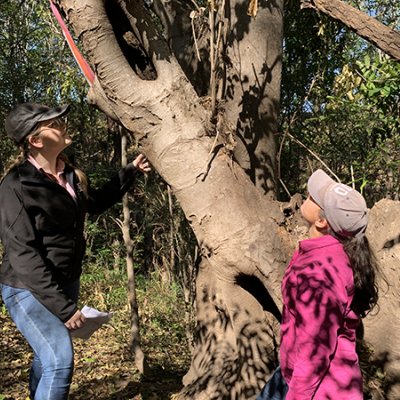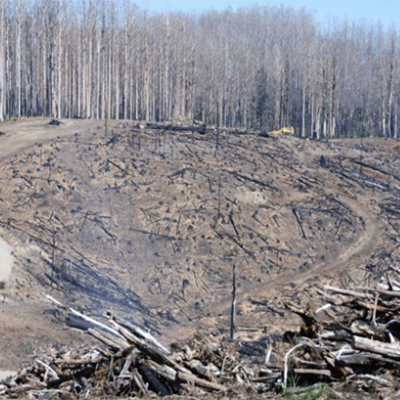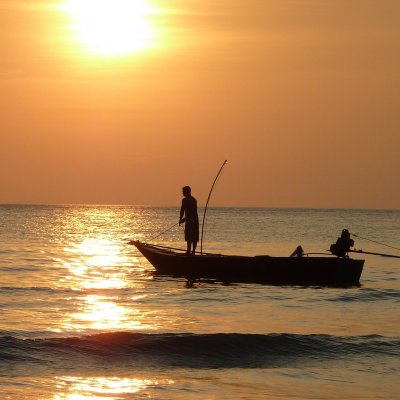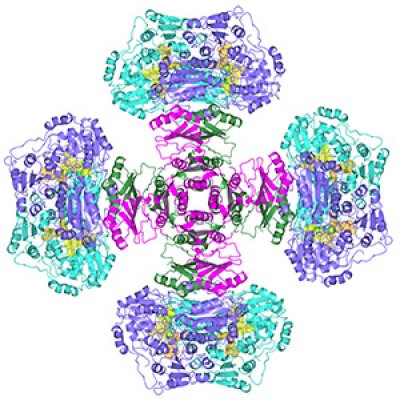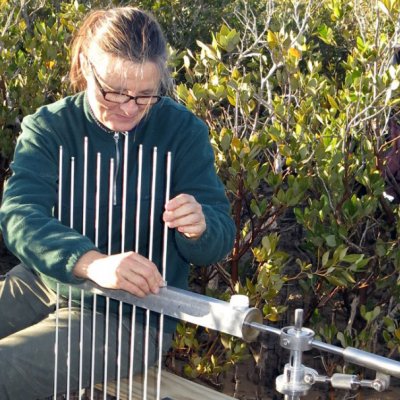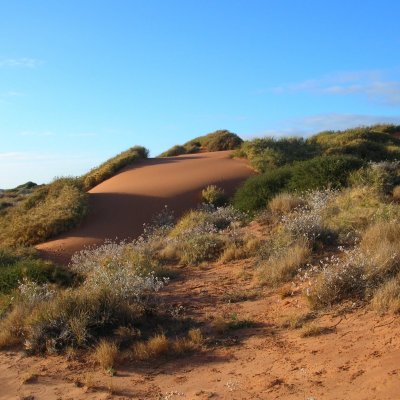Global biotech company CSL Limited will supply the Australian Government with 51 million doses of The University of Queensland’s COVID-19 vaccine candidate if it proves successful, under a heads of agreement announced today.
7 September 2020Biological control of insect pests – where ‘natural enemies’ keep pests at bay – is saving farmers in Asia and the Pacific billions of dollars, according to University of Queensland-led research.
3 September 2020Researchers have warned that mining threats to biodiversity caused by renewable energy production could surpass those averted by climate change mitigation.
2 September 2020Mite extinctions are occurring at least 1,000 times the ‘natural’ rate – a finding a University of Queensland researcher says is another warning that global biodiversity is in deep trouble.
2 September 2020‘Dead’ coral rubble can support more animals than live coral, according to University of Queensland researchers trialling a high-tech sampling method.
1 September 2020The northern quoll, one of Australia’s most adorable and endangered native carnivores, appears to be adapted to dramatically different landscapes – which may be key to the species’ survival.
28 August 2020The world’s tropical regions are home to the widest range of plants and animals, but research from The University of Queensland reveals that climate change is pushing species away, and fast.
25 August 2020As world temperatures rise, the rate at which plants in certain regions can absorb carbon dioxide is declining, according to University of Queensland research.
20 August 2020Robots working in abattoirs, sky-high vertical farms, more gene-edited foods in our supermarkets and automated farming systems could all help guarantee food supply in the next pandemic.
31 July 2020Brisbanites love their Queenslander-style homes, valuing them for their history, aesthetic pleasure and climatic comfort, according to University of Queensland research.
30 July 2020Scientists have mapped the genome of the black swan in an effort to understand immune responses to the deadly ‘bird flu’ virus and better protect public health.
29 July 2020Even before being awarded her PhD at the University of Queensland, Yun (Amy) Liu’s research had reached stratospheric heights.
29 July 2020Researchers are hoping volunteers who’ve recovered from COVID-19 in recent months will provide vital clues about the way the virus interacts with diabetes.
27 July 2020Giant, invasive Chinese elm trees with a trunk circumference of up to three metres are being swiftly slain thanks to a new herbicide technology developed by The University of Queensland and BioHerbicides Australia.
23 July 2020The damage caused by the catastrophic 2019-2020 Australian bushfires could lead to a dramatic jump in the number of native species at risk, according to University of Queensland-led research.
21 July 2020Australia’s renewable energy research capacity has been boosted with the completion of The University of Queensland’s 64 megawatt solar farm at Warwick in the state’s south east.
17 July 2020Mathematical modelling inspired by social media is identifying the significant impacts of warming seas on the world’s fisheries.
14 July 2020Advanced herbicides and treatments for infection may result from the unravelling of a 50-year-old mystery by University of Queensland researchers.
10 July 2020Two University of Queensland environmental scientists have been named 2020 Australian Laureate Fellows.
9 July 2020Artificial watering points in rangelands are posing an increasing threat to surrounding biodiversity long after the removal of livestock, according to University of Queensland research.
7 July 2020- ‹ previous
- 2 of 4
- next ›

